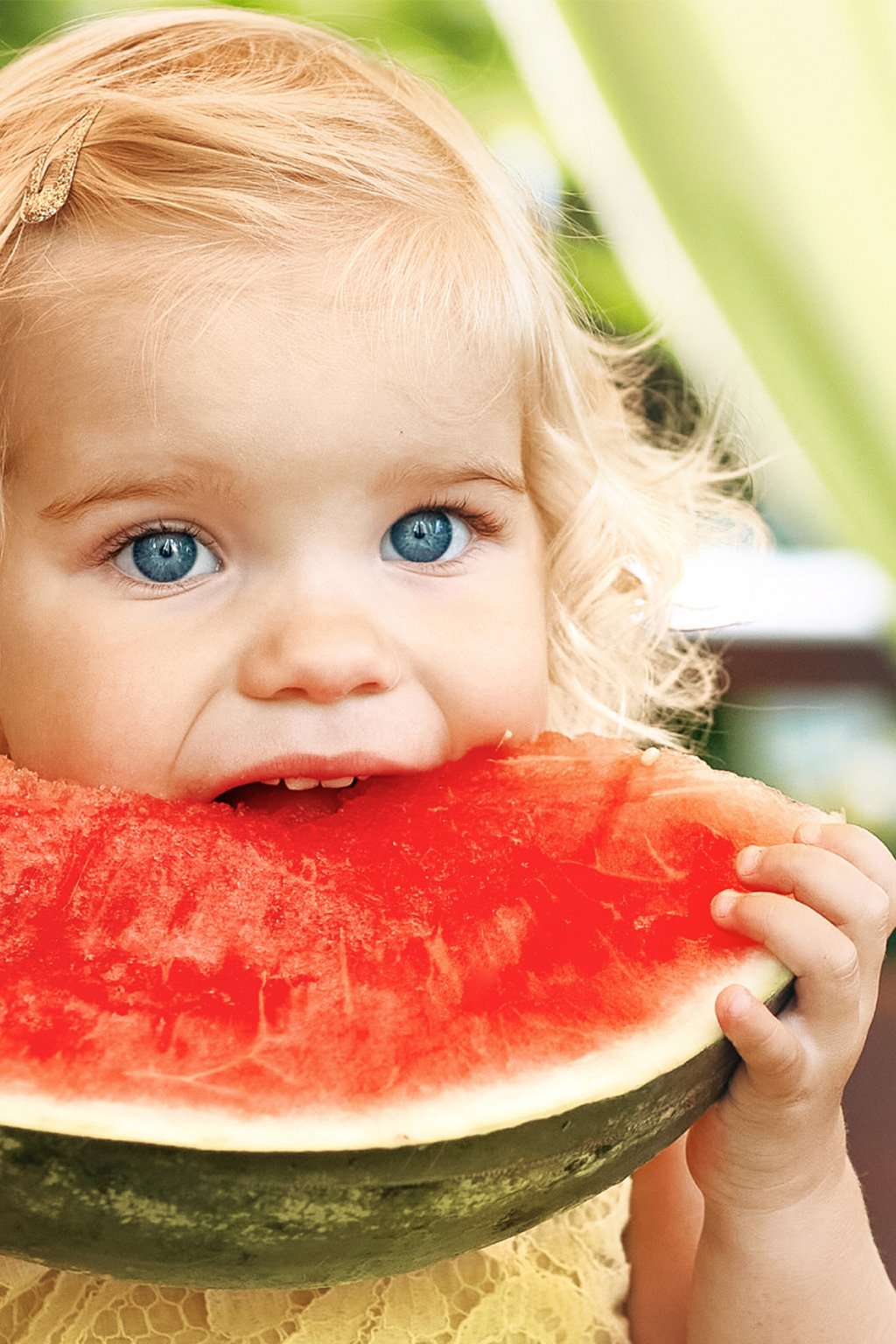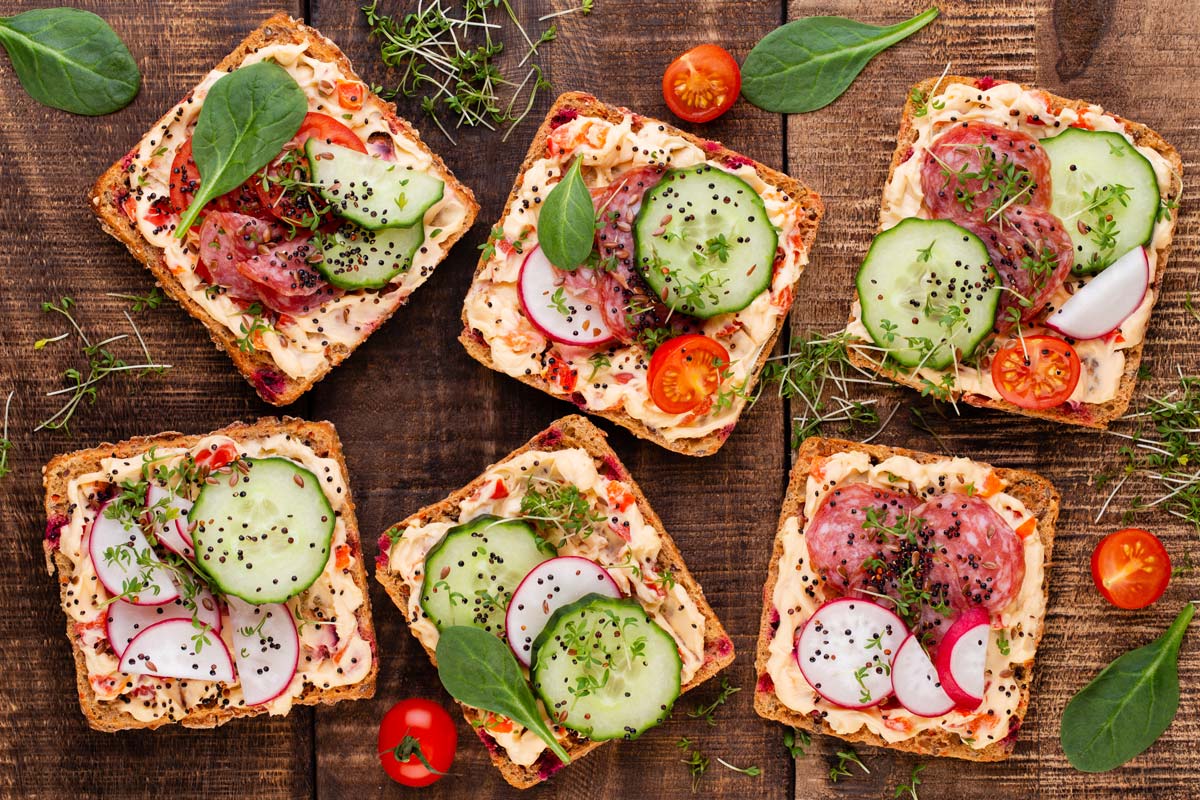- Plan for snacks in advance. Add healthy snack foods to your grocery list
- Stock your fridge, freezer and pantry with healthy foods that you can grab quickly. Some examples include:
- Fresh fruits and vegetables
- Frozen fruit
- Fruits canned in water or their own juice
- Whole grain bread, crackers and cereals
- Lower fat yogurt
- Lower fat cheese
- Unsalted nuts and seeds and their butters
- Hummus
- Hard boiled eggs
- Single serving canned fish
- Include a vegetable or fruit with each snack. Wash vegetables and fruit ahead of time so they are quick and easy to grab when you are hungry. Cut up vegetables and store them in smaller containers in the fridge
- Pack snacks in your bag for when you are on the go. Travel friendly ideas include roasted chickpeas, nuts and seeds, and fruit such as apples, oranges and bananas
- Pack small portions of leftovers and use them as snacks. After meals, package leftovers into smaller “snack” sized containers, date and label the containers, and store them in the fridge or freezer
- Be mindful when you snack. Take time to eat and notice when you are hungry and when you are full
- Eat without distractions, put electronics away and focus on enjoying eating
- Try not to eat straight from large packages or containers. Portion out a smaller amount instead
- Stay hydrated throughout the day. You can sometimes mistake hunger for thirst. Make water your drink of choice

How to Cook A Perfect Rice: A Step-by-Step Guide
First and Foremost: Always Rinse Rice Before Cooking No matter how you’re cooking your rice (or which variety you’re making), it’s important to rinse those



